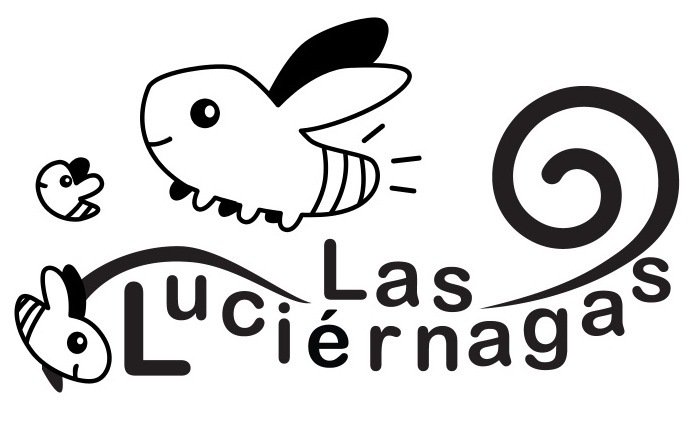Children need engaging movement and sensory activities to build their basic brain architecture. Beginning by meeting each child where they are, we cultivate nurturing relationships and create developmentally appropriate areas for exploration. Children learn through play and by making their own choices, according to their interests and natural curiosity.
-
Responsive, Individualized Relationships
Relationship-Based Care means that we focus on building responsive, nurturing and individualized relationships with each child to support their growth and learning by providing a strong base for exploration and feelings of emotional safety.
-
Small By Design
The daily group size is kept intentionally small so that teachers and students can build high quality relationships with each other. Our teacher-child ratio is at most 1:4. Developmentally appropriate practice and studies of early childhood environments suggest both small group size and a low ratio best meet the needs of each individual child.
-
Movement and Sensory Motor Experiences
These experiences are fundamental to the development of young children, who learn through seeing, touching, hearing, moving, and listening. These three-dimensional, active sensory experiences help to build the basic brain architecture upon which all later learning will be based. A key piece of our philosophy in action is the children’s open access to Project Commotion’s Movement Studio, which provides opportunities for children to spin, swing, hang, climb and jump. Diverse sensory-motor experiences build the basic brain architecture.
-
Child-Initiated, Play-Based Curriculum
Children learn through play. When they are afforded opportunities to play with a variety of stimulating materials, their interests naturally take them in the direction of greater learning. Children initiate their play interests and adults scaffold and complexify their play by setting up the environment and asking questions that extend their thinking.
-
Nourishing Wonder and Cultivating Creativity
Given the opportunity and access to a variety of art materials ranging from paint to crayons to boxes and reused materials, children create projects and stories that document their development and thinking and inspire adults to think in new ways. When children are two years old, they have twice the active brain cells as adults! The possibilities for creativity and artistic expression are endless. Children’s never ending questions provide constant opportunities to clarify and expand their thinking and encourage open exploration of the world and phenomena around them.
-
Active Peer Relationships and Socio-Dramatic Play
We see children as social beings and support children to play together across age and genders. The environment is set up to facilitate increasingly complex socio-dramatic interactions and play themes initiated by the children.
-
Bi-Lingual Spanish Curricula
Our approach to Spanish learning is to progressively move towards conducting more and more routine interactions in Spanish during the course of the school year. In the beginning of the school year, instructional time is mostly led in English and followed with Spanish. Our goal is to move towards a fully bilingual program throughout the year, where children are not just hearing both languages but also interacting socially and learning in both languages. Transitions, meal time, songs and storytime are mainly led in Spanish. We use visual teaching aids, cognate words, and site words throughout the day. Additionally, teachers will intentionally utilize dual language teaching strategies such as parallel talk, self-talk and repetition to support all children in their language acquisition.
-
Science, Math and Literacy
“Pre-academic” skills are integrated into the daily interactions and activities of the program in complex, contextualized ways.
-
Developmentally Appropriate Practice (DAP)
DAP includes all of the above core philosophies and includes an understanding of the ages and stages children move through in their development in every area.
-
Partnerships and Communication with Families
At Las Luciérnagas we work to build partnerships with families and integrate communication strategies to build two-way communication in the interest of supporting each individual child.


